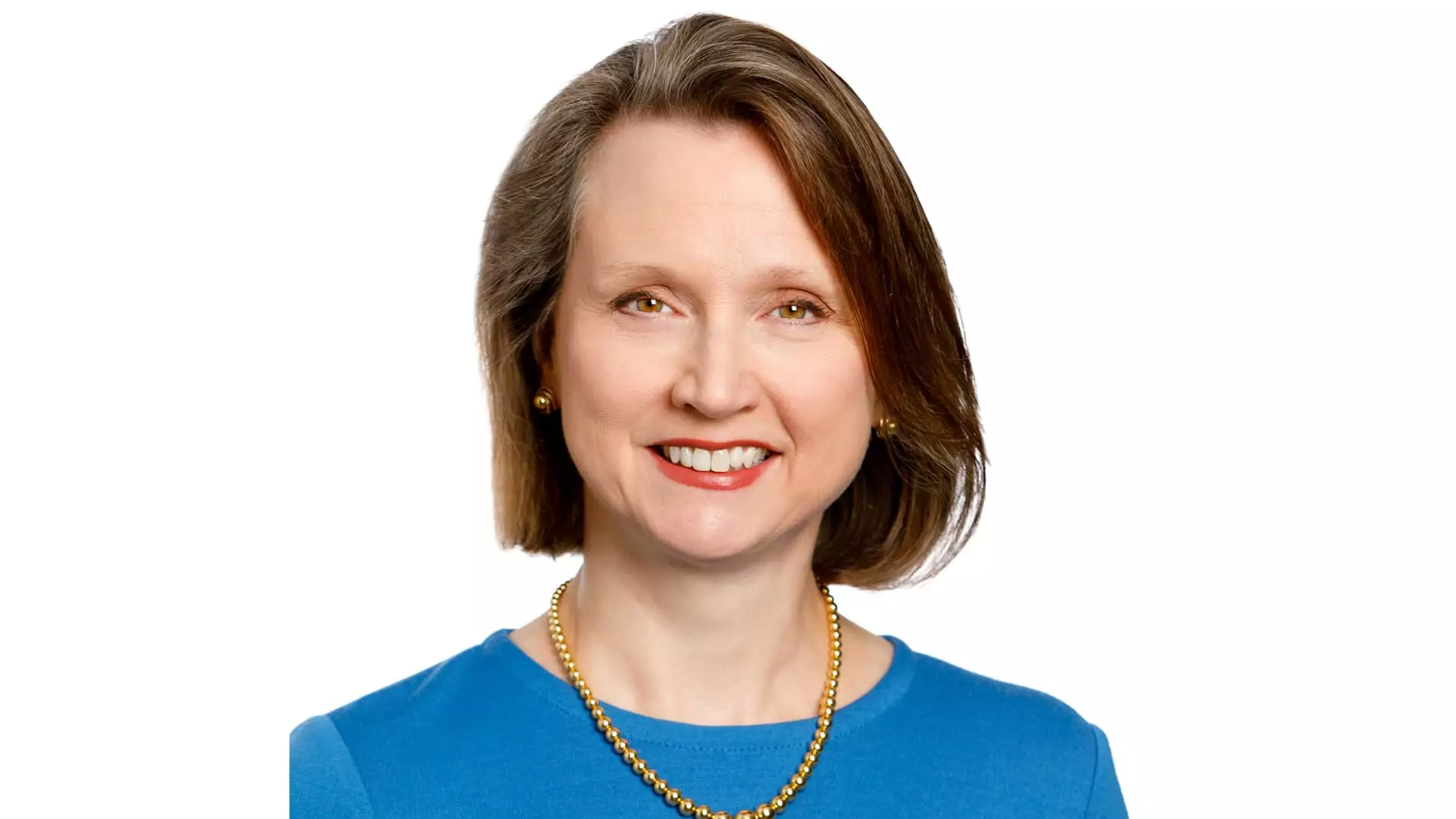Kathryn Glass, co-head of the high-yield fixed-income group at Federated Hermes, represents a fascinating anomaly in the finance world. Rather than following a conventional trajectory that often begins with finance degrees and internships in investment banking, Glass’s path was steeped in Japanese language and literature. With a strong academic background from the University of Pittsburgh and Cornell University, her transition to finance came as a surprise to many, including herself.
This pivot—from a focus on Japanese literature to a thriving career in high finance—raises questions about the traditional boundaries of the finance industry. Is it possible that the analytical skills honed in humanities fields offer a fresh perspective on the intricate narratives found in financial analyses? Glass’s unique viewpoint suggests that explorations of cultural stories through literature might enhance comprehension of corporate narratives. Such multicentric thought processes could bridge gaps in an industry often dominated by rigid numbers and insular thinking.
The Allure of High-Yield Bonds
Glass’s love for high-yield bonds blossomed during her transformation into an analyst at Federated Hermes. Operating within the high-yield fixed-income realm is not just about numbers; it’s about storytelling. In a market often overshadowed by skepticism and volatility, the ability to extract tales of resilience and risk from the pages of corporate reports can make the difference between an invaluable investment and a catastrophic error.
Leading a team that manages an impressive $13 billion in high-yield strategies, Glass asserts that understanding the management teams behind companies is crucial. Engaging with the narratives that shape businesses reveals insights beyond superficial financial metrics. Embracing such an analytical yet human-centered approach could very well redefine how investments are perceived and cultivated.
The Tightrope of Risk and Reward
However, the high-yield market is currently a tightrope walk. Glass illuminates the challenges investors face in a landscape where junk bonds are being priced near perfection. In such a scenario, investors must grapple with the uncomfortable truth that risk, though intrinsic to high-yield investments, appears underappreciated in current valuations. Glass’s caution in this regard mirrors a broader wariness circulating among savvy investors.
Her articulation of the “Goldilocks” zone—the delicate balance between economic stability and potential risks—reveals a protective instinct that all investors should embrace in today’s market. The crux of the matter lies not just in managing investments but also actively anticipating shocks that could lead to broader financial repercussions.
A Labor-Intensive Investment Philosophy
Undoubtedly, Glass’s role as a portfolio manager is not merely a function of managing numbers; it involves extensive legwork to assess the qualitative aspects of investments. Her team’s meticulous, labor-intensive focus on understanding individual company narratives sets them apart in the high-yield domain. While many competitors might rush to implement macroeconomic strategies, Glass’s team emphasizes individuality, which could be a key differentiating factor.
With such heavy emphasis on analysis, it begs the question: Could more finance professionals benefit from a diversified educational background? In a world dominated by data analytics and immediate returns, perhaps it’s the social scientists and creative thinkers who will shine in the unpredictable landscapes of the future.
Geared Towards Cautious Optimism
Glass’s current investment posture, favoring lower-spread names amid tight spreads, reflects a prudent approach to navigating uncertain waters. Her foresight, indicative of seasoned experience, encourages a readiness to adapt to sudden market shifts. The reality that markets may seem stable yet remain vulnerable to shocks is a sentiment that resonates well beyond the realm of high-yield bonds.
In a culture that often promotes aggressive investment strategies to capitalize on fleeting opportunities, Glass reminds investors of the importance of a strategic wait-and-see philosophy. Wise investing entails a strong blend of both optimism and caution—an ethos she epitomizes.
Fostering a Culture of Adaptability
The bottom line is that in finance—much like in life—flexibility is paramount. Kathryn Glass’s background, experiences, and analytical philosophy highlight the effectiveness of adaptability in a fluctuating environment. By pushing beyond conventional methodologies and absorbing lessons from disparate fields, she demonstrates that finance demands more than number-crunching; it requires emotional intelligence, narrative understanding, and adaptability to thrive.
The finance world needs more leaders like Glass, who not only navigate the complex dynamics of high-yield investments but also champion the value of fresh perspectives. As market conditions continually morph, embracing diversity in thought may very well be the key to creating sustainable investment strategies for the future.

